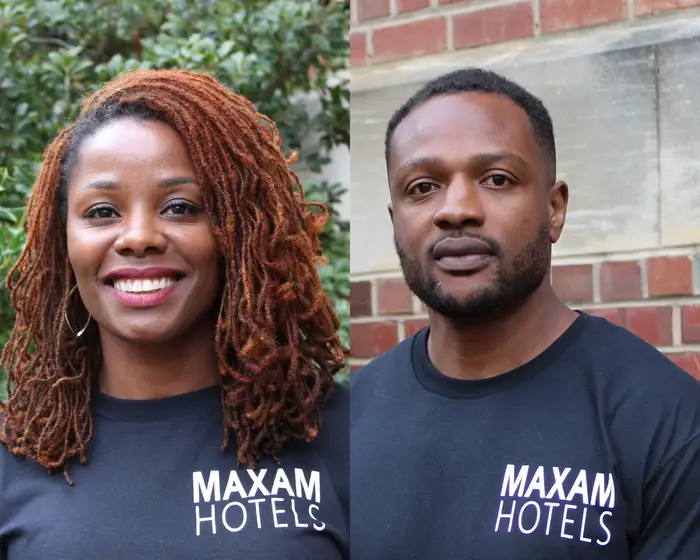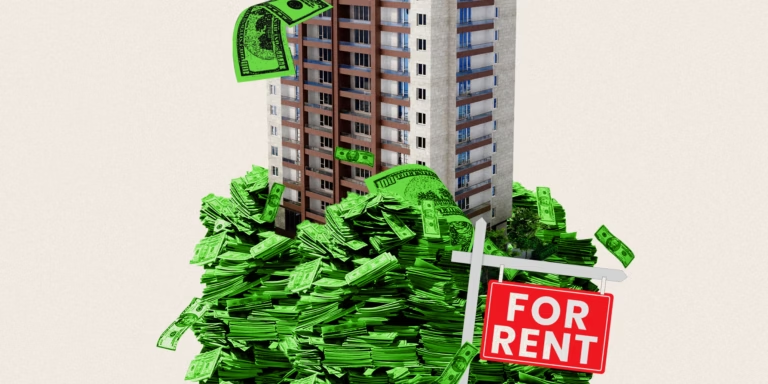Airbnb hosts with a lot of properties get lower ratings from guests, CEO Brian Chesky said

Airbnb CEO Brian Chesky said listings run by third-party property managers have lower average ratings.
Airbnb CEO Brian Chesky said last week that hosts with more rental properties don’t always get the best reviews.
last week that hosts with more rental properties don’t always give guests the best experience.
Speaking on the October 28 episode of The Verge’s Decoder podcast, Chesky described Airbnb’s new Co-Host Network, a tool that connects homeowners with locals in their area who will manage their listings for a fee.
The company prefers to feature smaller-scale operators in the Co-Host Network, he said.
“These would be people who only manage a few properties, so they’re not going to be managing you and 100 other homes. Maybe three, four, or five other homes,” he added.
Chesky said that professional third-party property management companies often have grand ambitions.
“You tend to need economies of scale, so you’re going to be managing hundreds of properties, even thousands of properties,” he told Verge editor-in-chef Nilay Patel. “If you manage thousands of properties, now you have a whole bunch of employees. Then, you probably have a company name, and your employees probably wear a T-shirt with a company name on the T-shirt.”
But that growth and professionalization don’t necessarily translate into guest satisfaction.
Chesky said that the average review score for listings run by third-party managers was 4.62 out of five stars, which Chesky described as “significantly below the median range review score.”
In recent years, professional hosts with a large number of listings have played a significant role in the market as investors and third-party managers scaled up the number of properties on their rosters.
In September, short-term-rental analytics site AirDNA reported that across Airbnb and its rival Vrbo, property managers with more than 21 active listings controlled 28% of all active listings and generated 36% of the industry’s total revenue.
Chesky said on the podcast that small-scale hosts are more likely to offer a “local feel,” an experience more aligned with the company’s original purpose.
“It kind of moves Airbnb a little closer toward the roots,” he said.
In the company’s third-quarter earnings call Thursday, Chesky announced that the Co-Host Network debuted on October 16 with 10,000 cohosts already registered. In the first three weeks after its launch, an additional 20,000 individuals expressed an interest to join it, he said.
Airbnb’s growth poses some new challenges
Chesky’s remarks on the podcast come during a key moment for the short-term-rental giant.
Following explosive growth over the last decade, especially during the pandemic, cities around the world, from Barcelona to New York City, are reexamining their relationships with short-term rentals. Some places are increasing taxes on Airbnbs, while others have opted for more restrictive rules like requiring homeowners to stay on-site with guests.
Concerns that a growing number of Airbnbs threatens the number of homes available for locals has animated local debates over regulations, though research is still inconclusive on how short-term-rental bans impact rents and home prices.
On the podcast, Cheksy said that larger hosting operations can mimic “an industrial hospitality experience,” like a hotel.
“People want a local feel, as compared to Amazon, delivery, or other types of businesses where scale makes the service better,” he said. “Hospitality at scale often makes the service more challenging.”
Chesky added that some large-scale hosts are better than others.
“If anyone’s listening and they work at or are a third-party property manager, we love the ones guests love,” he told The Verge. “Although the average rating across the board isn’t as high, there are some unbelievable property managers, and we love them.”






